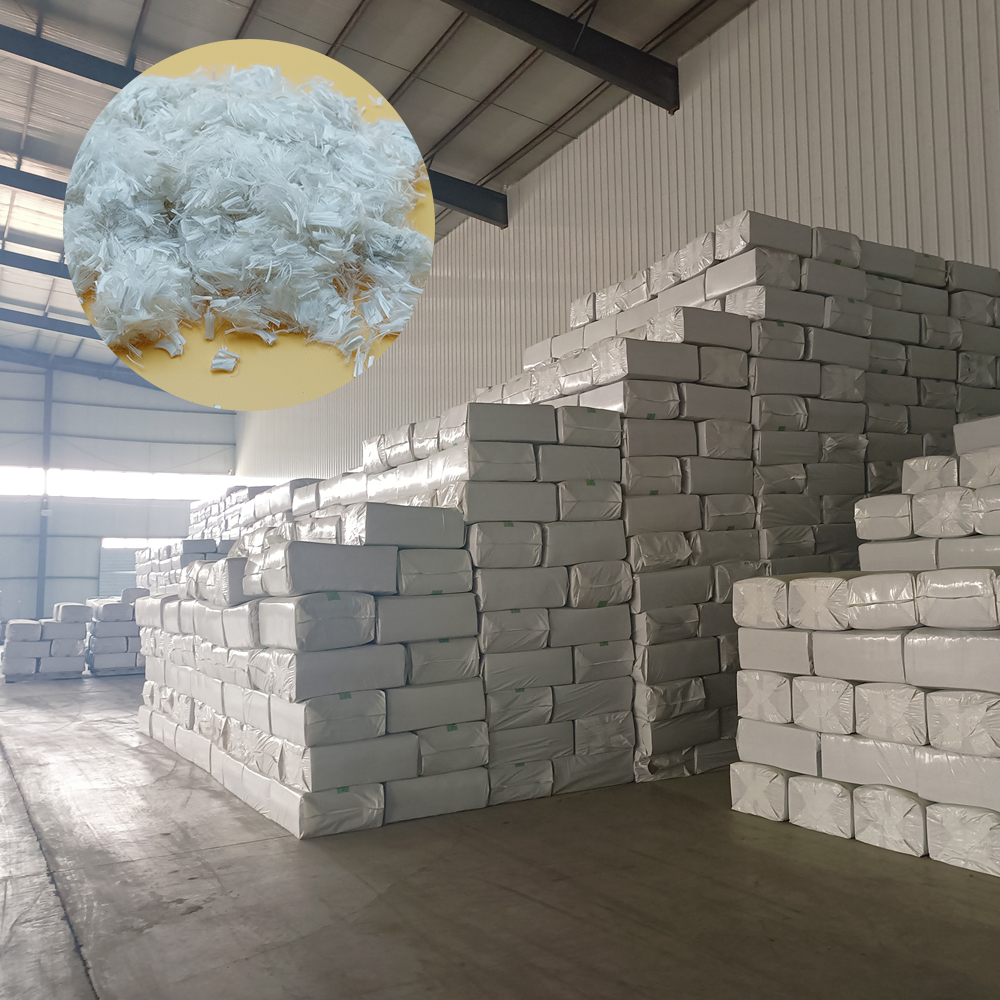Inhoudsopgave
Benefits of Using Polyester Textile Fiber for Roadway Infrastructure
Polyester textile fiber is a versatile material that has been gaining popularity in the construction of roadway infrastructure. This synthetic fiber is made from a type of plastic called polyethylene terephthalate (PET) and offers a wide range of benefits when used in road construction. In this article, we will explore the advantages of using polyester textile fiber in transportation infrastructure.
One of the key benefits of using polyester textile fiber in road construction is its durability. Polyester fibers are known for their strength and resilience, making them an ideal material for reinforcing asphalt and concrete pavements. By adding polyester textile fiber to the mix, road surfaces become more resistant to cracking, rutting, and other forms of wear and tear. This can help extend the lifespan of roadways and reduce the need for frequent repairs and maintenance.
In addition to its durability, polyester textile fiber also offers excellent tensile strength. This means that road surfaces reinforced with polyester fibers are better able to withstand heavy traffic loads and extreme weather conditions. By enhancing the structural integrity of roadways, polyester textile fiber can help prevent premature pavement failure and ensure the Safety of motorists.
Another advantage of using polyester textile fiber in road construction is its ability to improve the overall performance of road surfaces. Polyester fibers help to distribute stress more evenly across the pavement, reducing the likelihood of cracks and potholes forming. This can Lead to smoother and more comfortable driving experiences for motorists, as well as lower vehicle maintenance costs.

| Nr. | Commodity Name |
| 1 | Reinforced Fiber for roadway |
Furthermore, polyester textile fiber is a sustainable and environmentally friendly material. As a synthetic fiber, polyester can be recycled and reused, reducing the need for virgin materials and minimizing waste. By incorporating recycled polyester fibers into road construction projects, transportation agencies can help reduce their carbon footprint and promote sustainability in the construction industry.
In addition to its technical benefits, polyester textile fiber also offers cost advantages for transportation infrastructure projects. While the initial cost of incorporating polyester fibers into road construction may be higher than traditional materials, the long-term savings can be significant. By reducing the need for frequent repairs and maintenance, polyester textile fiber can help lower overall lifecycle costs for roadways.
Overall, the benefits of using polyester textile fiber in transportation infrastructure are clear. From improved durability and performance to sustainability and cost savings, polyester fibers offer a range of advantages for road construction projects. By incorporating this versatile material into roadway infrastructure, transportation agencies can enhance the quality and longevity of their roadways while also promoting environmental stewardship.

